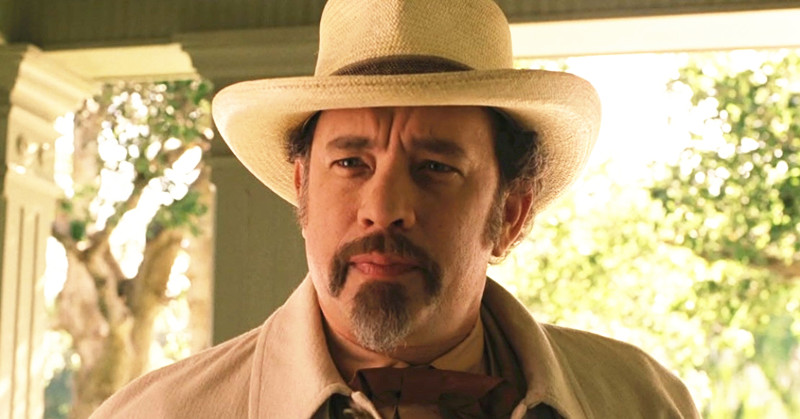
Even the greatest filmmakers are not infallible. A director with the sharpest eye and the clearest creative vision and the strongest command of the form can still fall into some of the traps that make a bad movie.
You can never be entirely certain what will click with an audience or what the critics will be looking out for or how your movie will be interpreted, no matter how closely you look at every frame during the editing process, so there is always going to be a margin of error.
There are a small handful of directors who have never made a bad movie – like Paul Thomas Anderson, Christopher Nolan, and Stanley Kubrick, to name the most obvious ones – but the majority of directors out there have made bad movies.
Some of those bad movies have been made by directors who are considered to be among the Hollywood elite. Even film school favorites like Quentin Tarantino and Oliver Stone have had their dark days with a bad movie or two.
This list presents ten movies that were helmed by great directors with a proven track record for creating masterful works of cinema and, sadly, did not live up to that reputation.
10. Blackhat (Michael Mann, 2015)
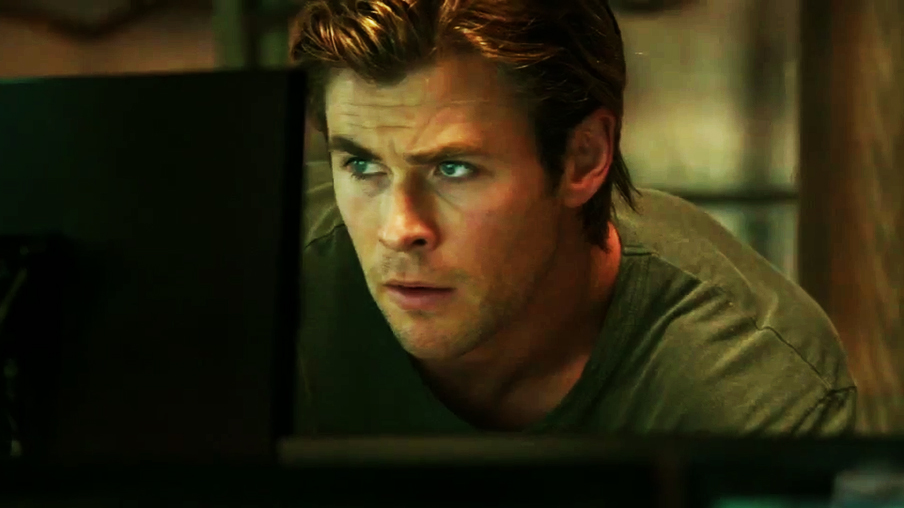
Michael Mann has always been known for directing crime thrillers that are exciting and slick and fast-paced and fierce. His movies Heat, Thief, Collateral, and The Insider have tackled serious issues like corporate whistleblowing and criminal life and muddled morality. He’s the guy who finally got Al Pacino and Robert De Niro together and did their talents justice with that intense diner scene.
But Mann’s worst-reviewed film, by far, is Blackhat. His films are usually acclaimed by critics, and even the ones that don’t do as well like Miami Vice and Public Enemies are still generally well-received. However, Blackhat didn’t even get a lukewarm reception – people flat-out hated it.
A lot of critics’ problem with Blackhat was the casting of Chris Hemsworth. They thought that a guy who spent all day every day sitting in a dark room working on a computer would not have the body and skin and looks of Chris Hemsworth. But that’s not the biggest issue with the movie. The main issue – and this applies to all so-called techno thrillers and all movies about cyberterrorists – is that watching a guy spend all day every day sitting in a dark room working on a computer simply isn’t interesting for us to watch.
This is the same reason why the WikiLeaks drama The Fifth Estate failed to entice audiences and CSI: Cyber was canned after two seasons while CSI: Miami lasted for ten. If anyone could make cyberterrorism visually exciting, it would be Michael Mann, and he sadly failed, so maybe there’s no way to make today’s online terrorism work on film.
9. Swept Away (Guy Ritchie, 2002)
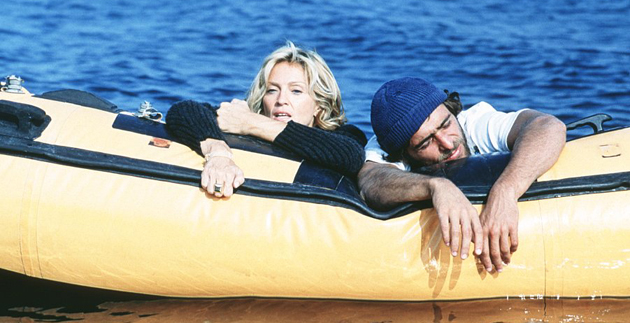
Guy Ritchie burst on the British film scene with his movies Lock, Stock, and Two Smoking Barrels and Snatch. He was essentially Britain’s answer to Quentin Tarantino, making crime capers that were slick and funny and fast-paced and totally idiosyncratic.
It seems that after these movies came out and won over the hearts of critics and audiences alike, Ritchie’s then-wife Madonna saw that he could make a decent movie and asked him to make one that she could star in. And so, we ended up with this travesty of a love story about a snobbish socialite and a lower-class sailor who fall in love when they are stranded together on a desert island.
This was a remake of a 1974 Italian film that dealt with the class divide and gender politics. It wasn’t just a love story on an island – it was thematically about so much more. The Guy Ritchie/Madonna version is bereft of any context or commentary. Instead, it’s just 89 self-indulgent minutes of stroking Madonna’s ego.
The takeaway from the 1974 film is that it is symbolic of a patriarchal society marked by sexual violence. The takeaway from the 2002 remake is that Madonna can’t act. That’s the only real insight we gain from the film.
8. The Counselor (Ridley Scott, 2013)
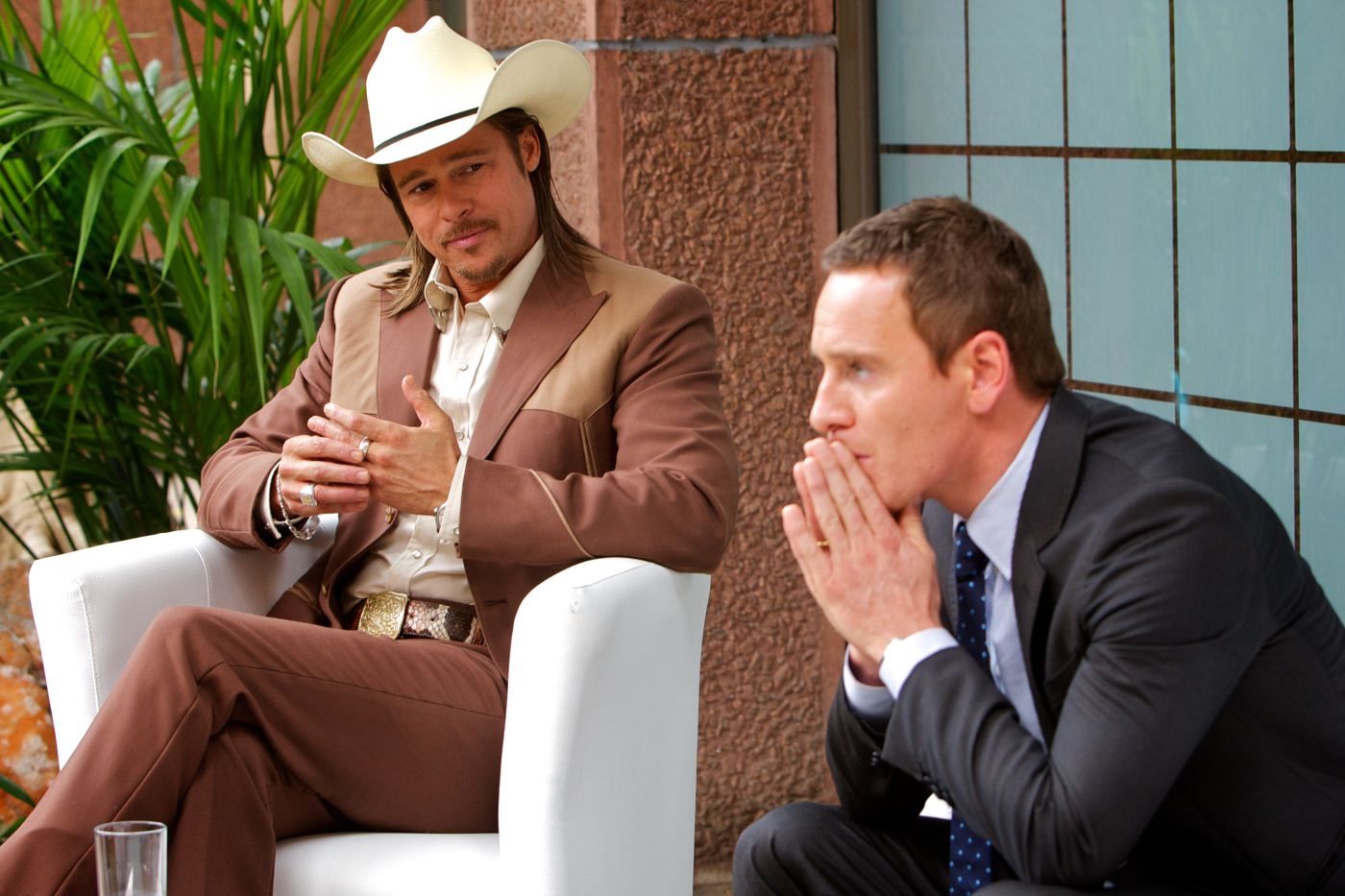
Sir Ridley Scott is one of the most renowned film directors of our time. He has given us such masterpieces as Alien, Thelma and Louise, Blade Runner, and Gladiator. But even a pro like Sir Ridley can slip up occasionally. His movies A Good Year and Exodus: Gods and Kings needed improvement. They were rough around the edges and had meandering plots – but their flaws were nothing compared to the disaster that was The Counselor.
It was the first produced screenplay of highly acclaimed No Country For Old Men author Cormac McCarthy, and a collaboration of McCarthy and Scott had a lot of promise. Many audiences were excited to see what they would come up with. But sadly, the film is let down by McCarthy’s limp script. The problem with the script is that it was written by a guy who is used to writing novels and isn’t a visual thinker – so he thinks more about how it reads on the page than how it will look on film.
The scene with Michael Fassbender and Penelope Cruz in bed, talking randomly and aimlessly about which sexual acts they want to do to each other, would have worked much better in a novel than it did in the movie. In the movie, it drags on and it’s awkward, but in a novel, as written by McCarthy, it would be a page-turner. The same goes for the entire movie – whose glaring structural missteps wouldn’t seem so obvious in the more long-winded literary form – and that’s ultimately what lets it down.
The only strong screenwriting technique on display in The Counselor was the plant and payoff of the retracting decapitation wire. It gets explained in great detail by Javier Bardem, so that when it cuts Brad Pitt’s head off an hour or so down the line, we know how it works and the whole thing comes off as much more shocking and grisly. But that’s about it. The rest of the movie is a washout that should’ve been written as a novel rather than a screenplay – or spruced up and tightened to work better as a screenplay. Either solution would work fine.
So, it’s not really Ridley Scott’s fault that this movie was a dud, because he did everything he could with a dud script. Still, he does get to choose which scripts he turns into movies and he chose The Counselor, so he is partly to blame.
7. Aloha (Cameron Crowe, 2015)

Cameron Crowe mastered the balance of comedy and drama, and story and character, to tell the most human stories of his career in his beautiful, tonally pitch-perfect movies Jerry Maguire, Say Anything…, Almost Famous, and Singles. Even Vanilla Sky has its fans. But with his Hawaii-set romantic comedy Aloha, he seemed to totally botch it.
For starters, there was all the controversy surrounding the film’s all-white cast, since most of the characters claim to have Asian heritage. The cast is spectacular – Bradley Cooper, Emma Stone, Rachel McAdams, Bill Murray, John Krasinski, Danny McBride, and Alec Baldwin – but they’re all white. Stone’s character even has a Chinese surname, and she’s as white as they come. And even these terrifically talented actors can’t save a drab script. Crowe made a comedy-drama where the comedy isn’t funny and the drama isn’t interesting.
This is an Oscar winner who wrote the screenplay for Fast Times at Ridgemont High, created the character of Penny Lane, and wrote the line “Show me the money!” We have come to expect a lot better from him. Aloha was so bad that it lost $65 million for the studio – and Cameron Crowe hasn’t made a movie since.
6. Gigli (Martin Brest, 2003)
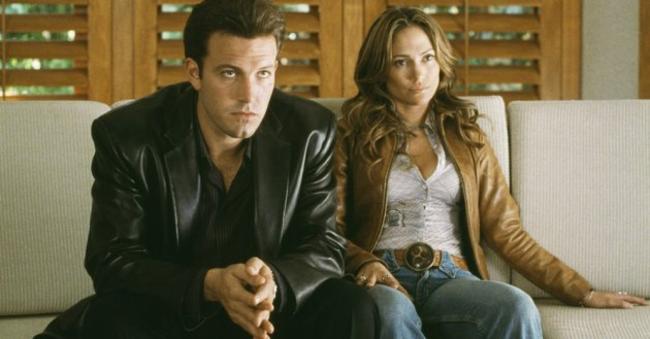
Martin Brest has directed both hilarious comedies, like Beverly Hills Cop and Midnight Run, and sincere dramas, like Scent of a Woman. He had a tremendous directorial career that ended very abruptly with the Bennifer vehicle Gigli.
In this case, it wasn’t a lack of foresight or a laziness on Brest’s part – studio meddling is to blame. Brest wrote a crime story as honestly and as ingenuously as he could. That’s what attracted the likes of Christopher Walken and Al Pacino to the project. It probably would have been a terrific gangster film if Brest had been left to just do his thing, but during the production, the media was going crazy over Ben Affleck and Jennifer Lopez’s relationship.
That’s when the studio saw an opportunity – one that would eventually backfire in a huge way – to cash in on their celebrity profile. They made Brest majorly rewrite and reshoot the movie to be a Bennifer romantic comedy. In the end, Gigli would come to be considered one of the worst movies ever made.
And the Bennifer cash-in didn’t even pay off – Gigli was such a box office bomb that Affleck and Lopez’s combined salaries for the movie were equal to more than triple its entire worldwide box office gross. This movie was the first to ‘win’ in all five main categories at the Golden Raspberry Awards.
Gigli’s reviews and box office numbers were so poor that it scared Brest off ever making another movie again. Here we are, fifteen years later, and he still hasn’t given us another movie. It’s a shame, because it’s not Martin Brest’s fault – it just happens to have his name all over it.